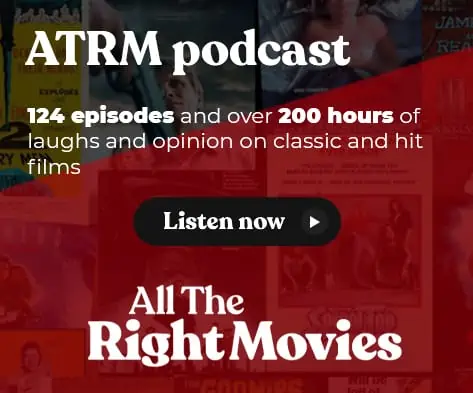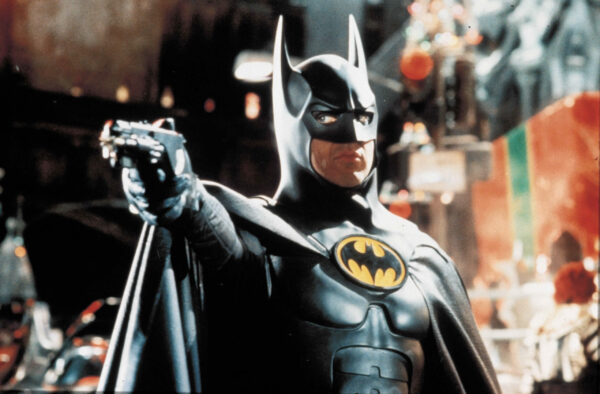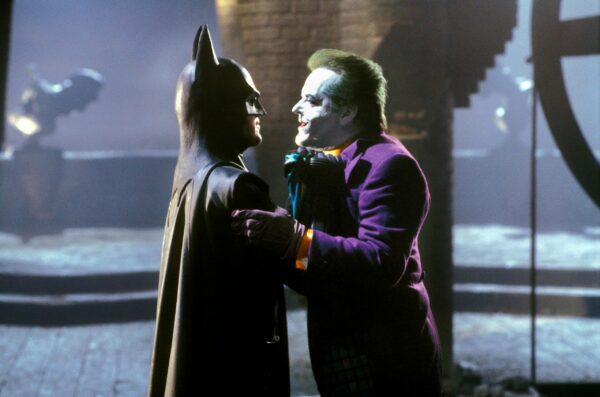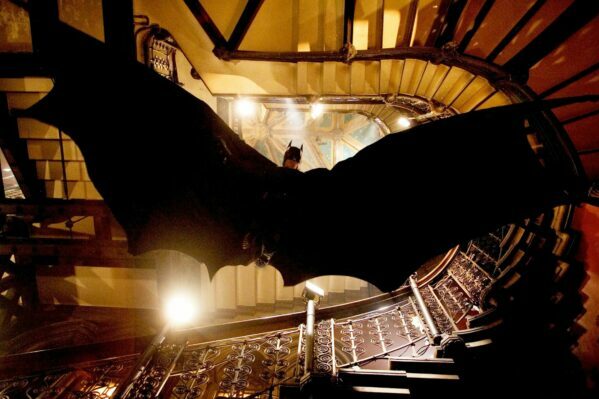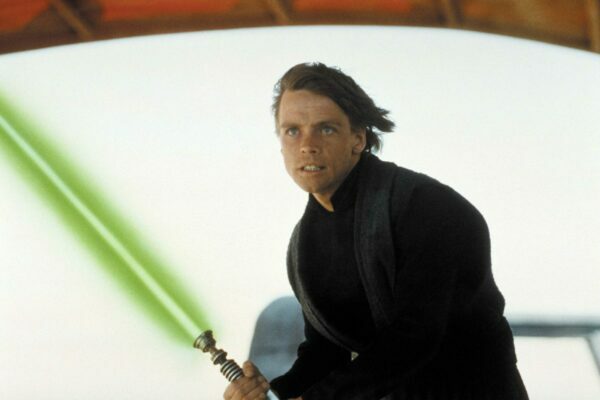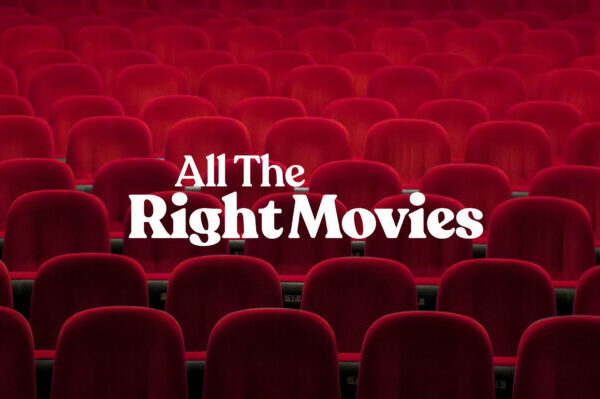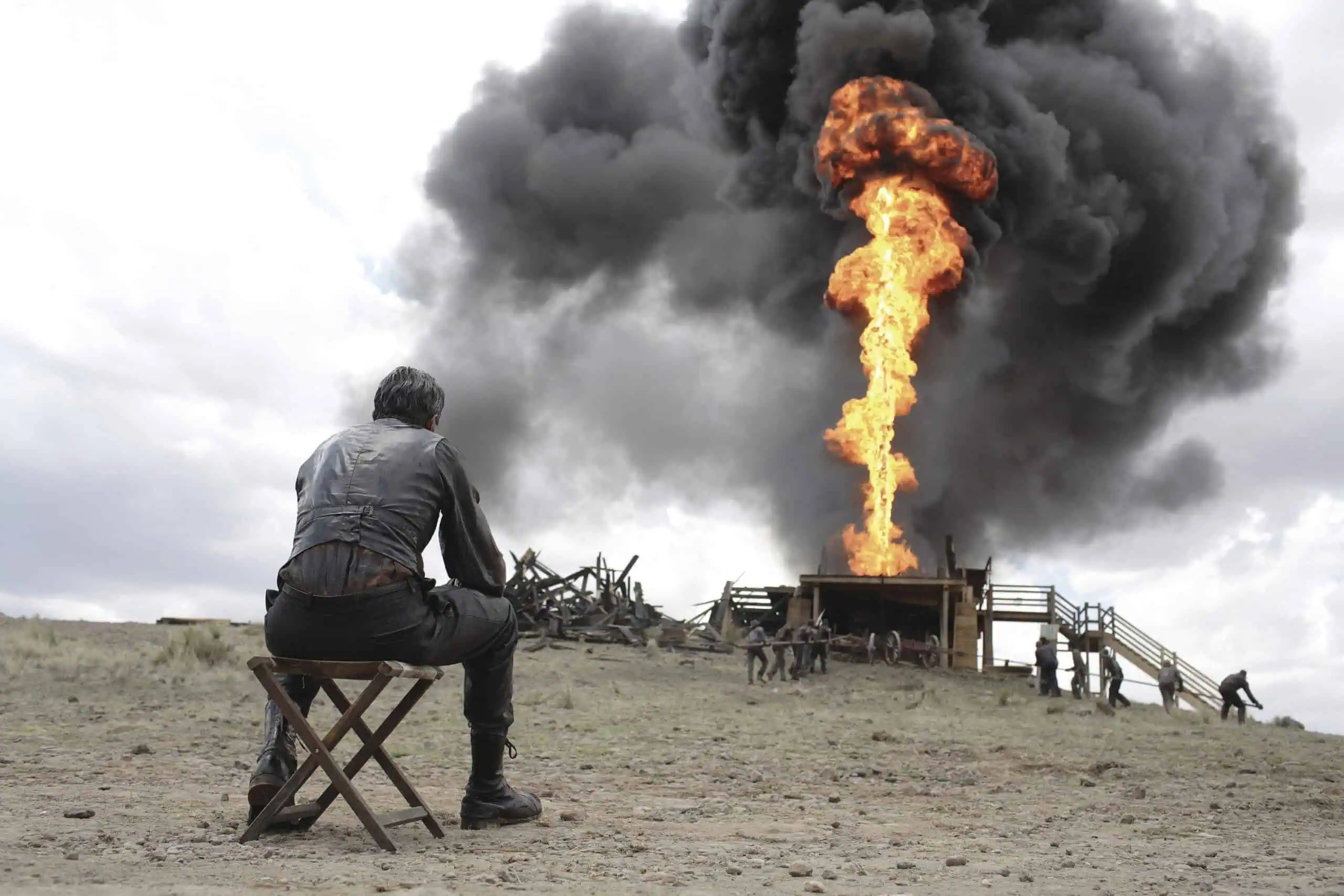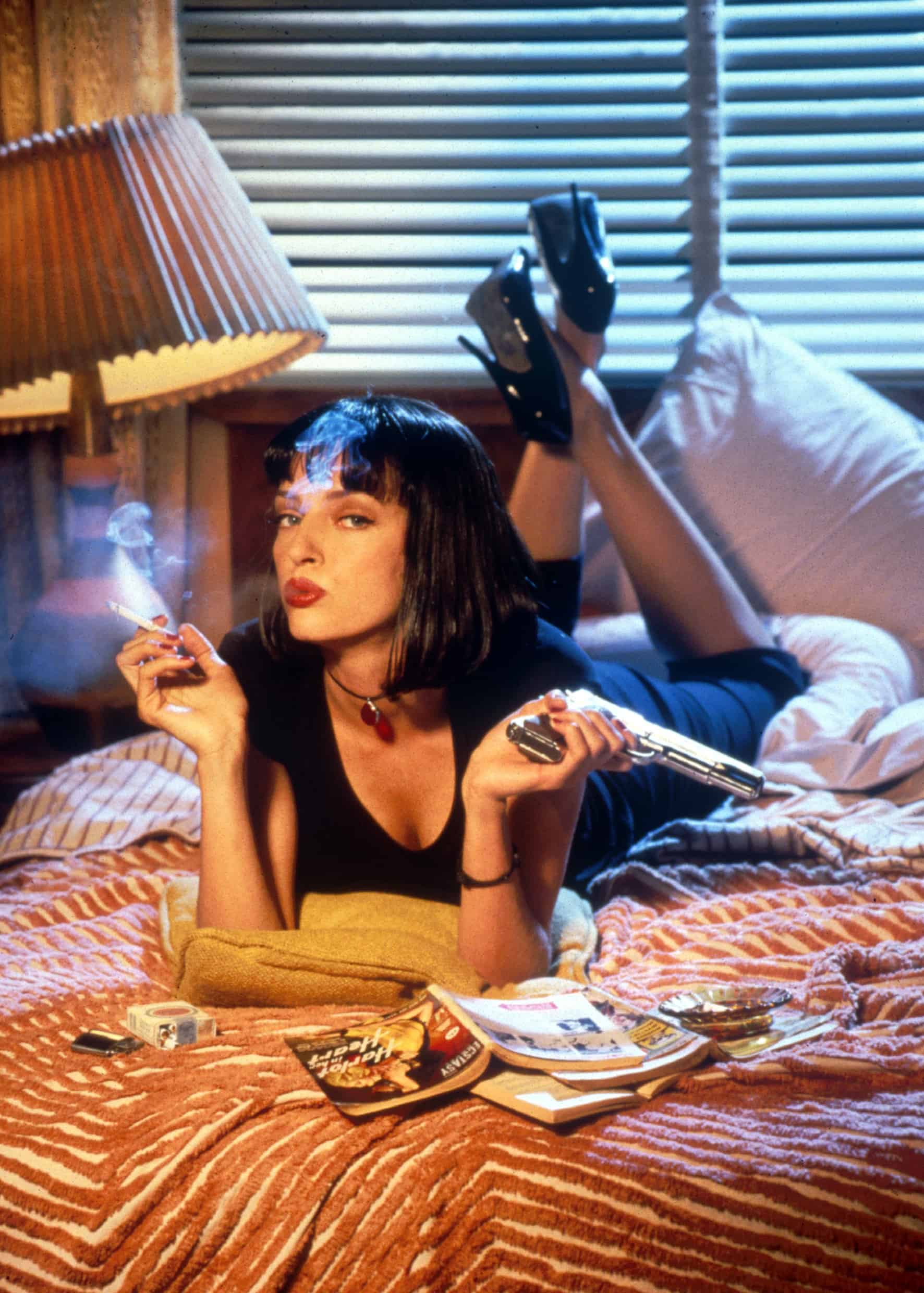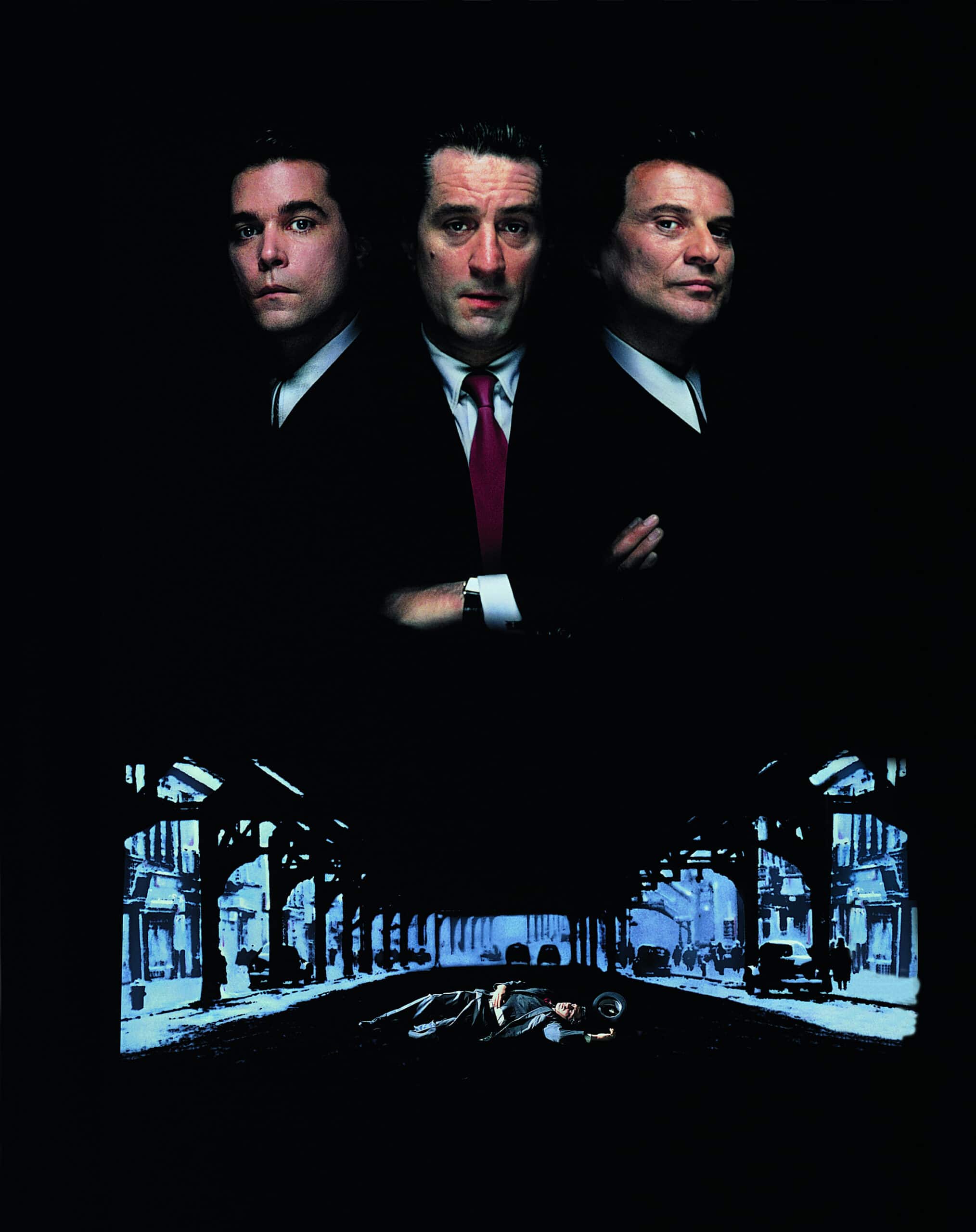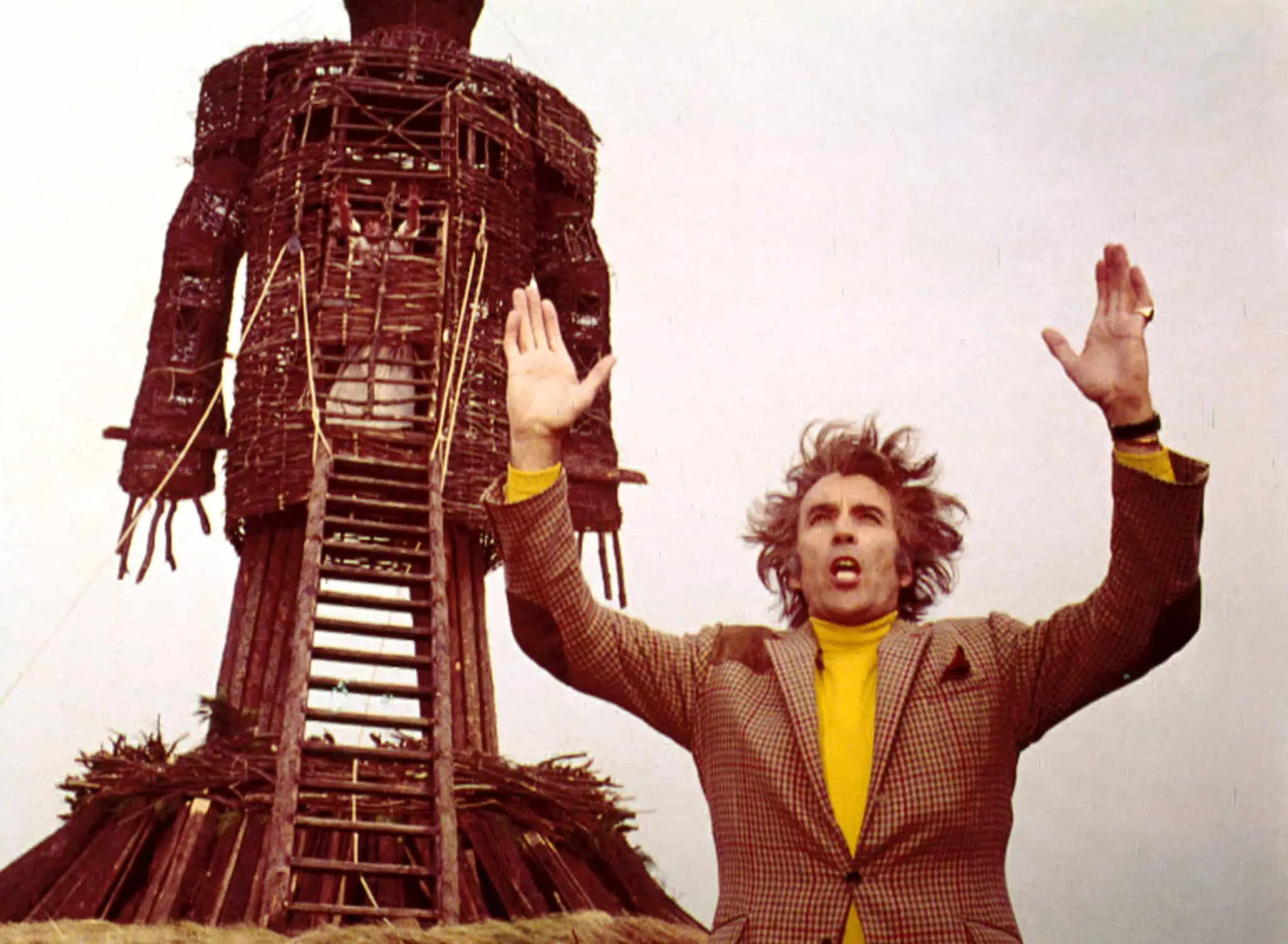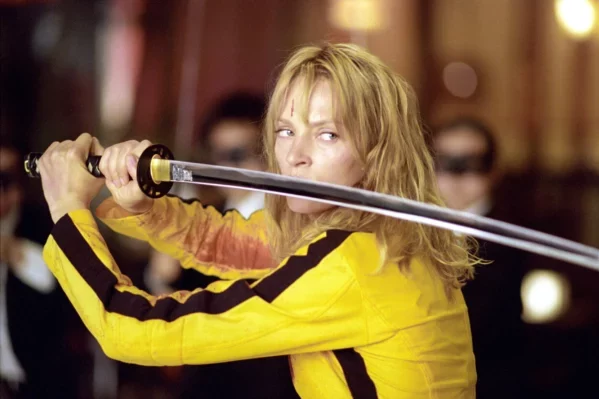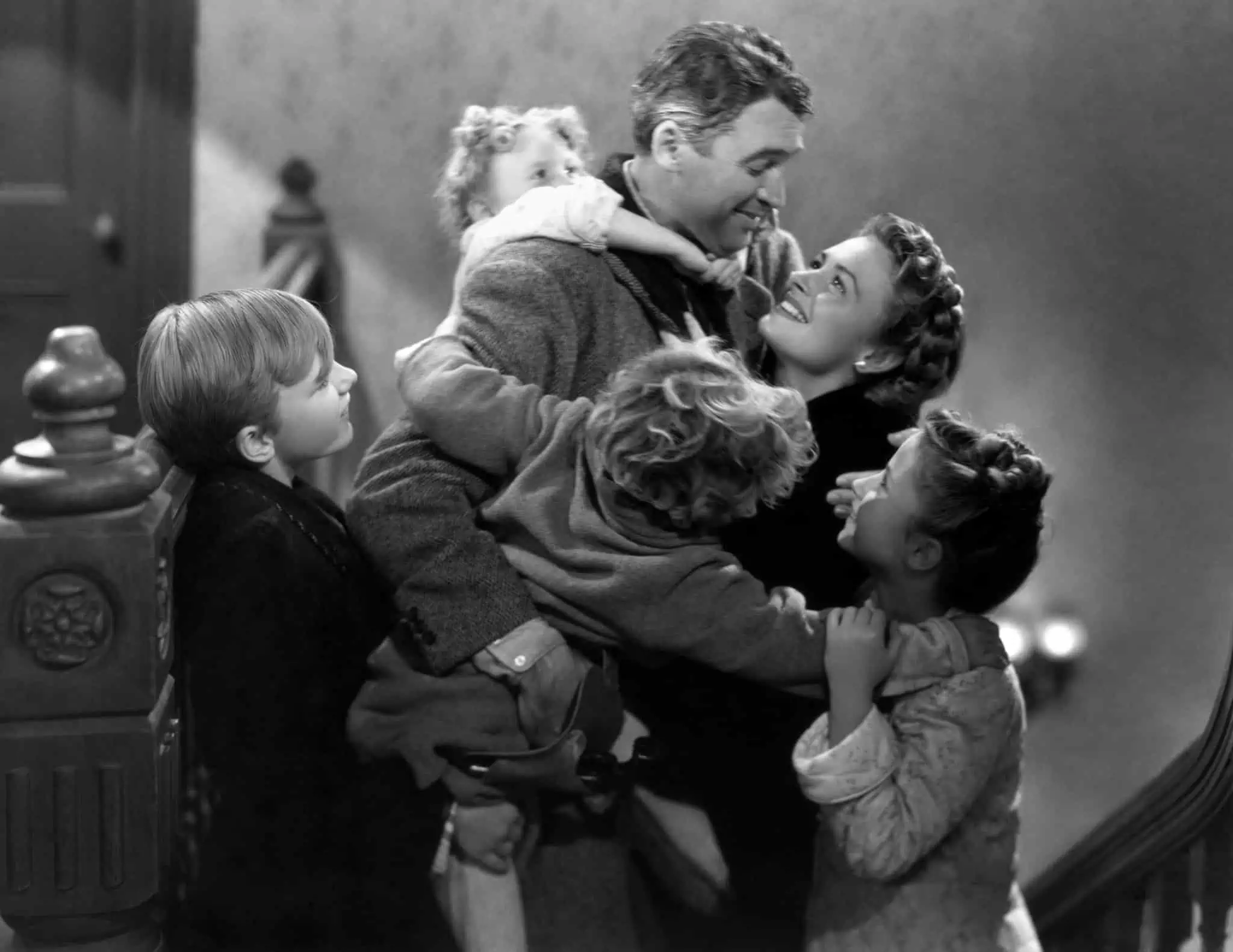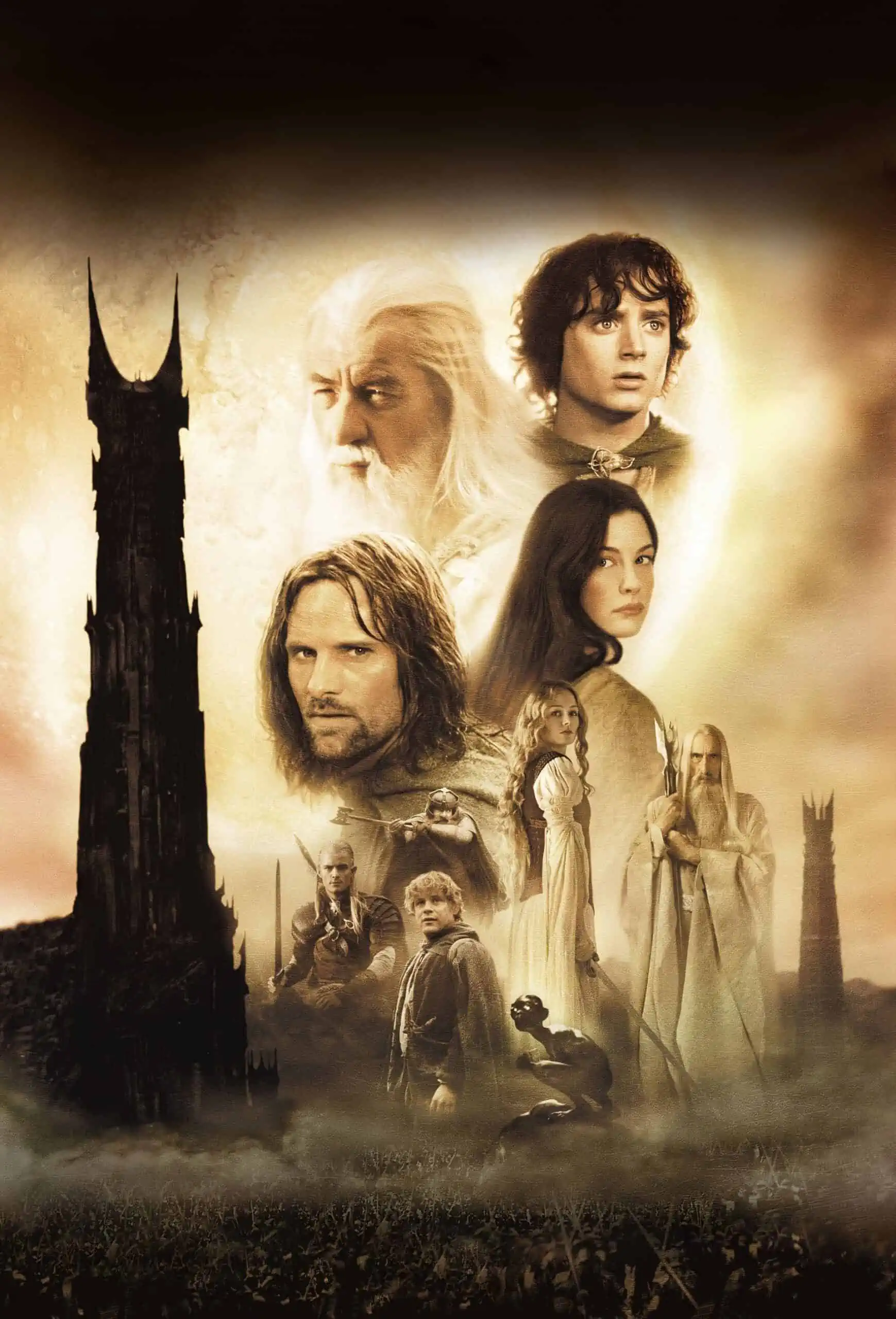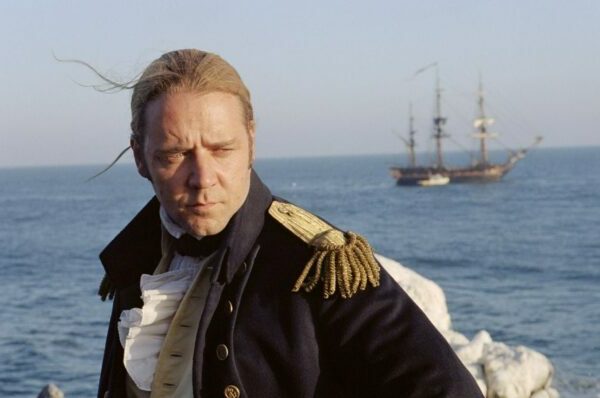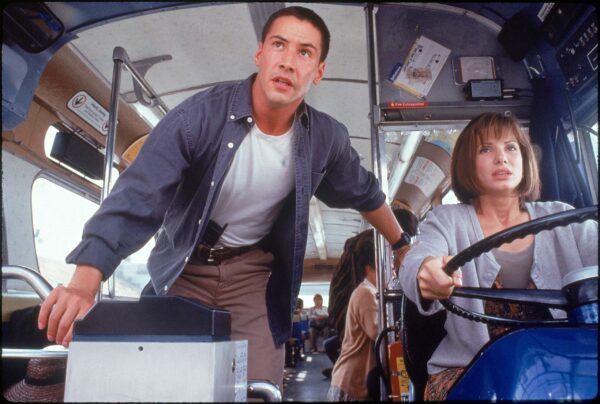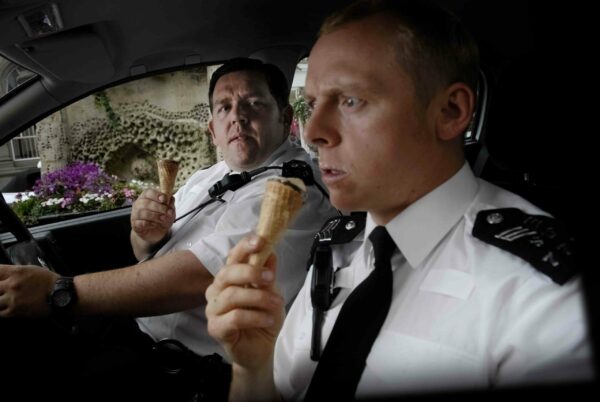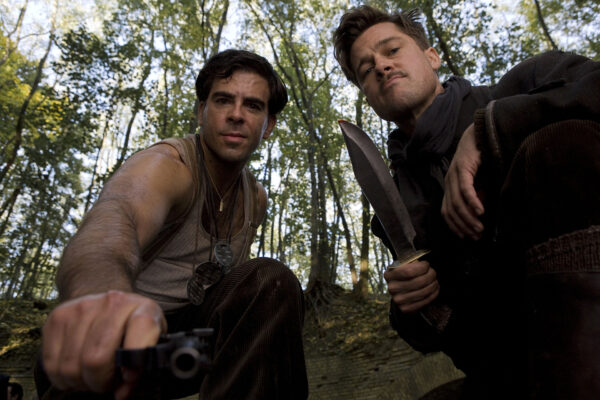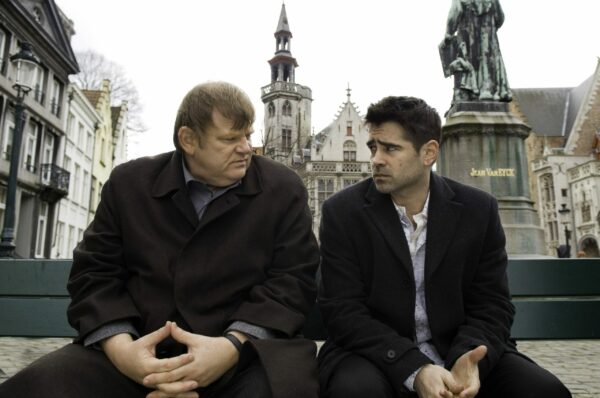
Continuing our series where we rank the movies of the greatest directors, we’re here to talk David Fincher. One of the most acclaime ddirectors of the last 25 years, Fincher has directed 11 features, and we’re going to rank his top 10.
10. The Curious Case of Benjamin Button
It’s ironic that the first time the Academy recognised a Fincher film – 13 nominations, three wins – they did so for his worst film to date. His adaption of the F. Scott Fitzgerald story about a man who ages in reverse looks ravishing and the de-ageing special effects are terrific, but it’s all to no purpose. The film has no wit, with nothing to say about Button’s predicament (he’s a frustrating blank throughout), and ultimately falls somewhere between being boring, twee and a little icky in the old man waiting for a little girl to grow up subplot.
9. The Girl with the Dragon Tattoo
The rare example of a Fincher film where he feels like a director for hire, it’s hard to imagine TGWTDT at the top of anyone’s list. Stieg Larsson’s novel was a phenomenon, and had already spawned a Swedish language adaptation. Fincher’s remake is serviceable, but struggles with some of the inherent flaws in the overlong material and is burdened with unnecessary subplots. Daniel Craig and Rooney Mara are both very good as the leads, but when the best thing about the film is the title sequence – a terrific reminder of Fincher’s music video background – that says a lot.
8. Alien 3
How best to judge Fincher’s debut? The chopped-to-bits theatrical release or the unwieldy workprint blu-ray version? The behind the scenes strife on this film is legendary, and undoing the happy ending of Aliens (1986) by killing off Newt and Hicks in the first ten minutes has not endeared it to many. And yet… there’s greatness here. As harsh as that opening is, the sheer balls of it is admirable, and sets the tone for a nihilistic doom-laden Gothic horror. The workprint version still suffers with far too many unnamed characters, but the narrative makes much more sense and builds to a moving and unforgettable climax as Ripley sacrifices herself to prevent the birth of a new alien queen. Fincher has made his opinions on the film very clear (he’s not a fan) so his refusal to go back and cut a final version he’s happy with is a real shame, as a great film is tantalisingly close in what we’ve been left with – that POV alien shot as it scoots along the corridors picking off victims perhaps our first real glimpse of what Fincher is capable of.
7. The Game
Fincher’s third film, about a wealthy investment banker who finds himself tangled up in a bizarre conspiracy with the CRS corporation, is one that divides people like no other of his. Its plot turns and ultimate reveal are pretty silly, but it’s a joke that Fincher’s in on, never taking the material too seriously. He’s at his most Hitchcockian here, with the game-playing corporation a huge Macguffin, and he has great fun tying Michael Douglas in increasingly paranoid knots, with moments like the discovery of a fake apartment and a roof jump not ending how you think it will, adding up to a thriller that is that rare Fincher thing – something that’s just a bit of fun.
6. Panic Room
If Fincher has a flaw, it’s that he sometimes throws in directorial flourishes for the sake of it. Panic Room is guilty of this, with moments such as the camera zooming through a coffee pot handle ultimately distracting. Once you get past that, though, you have one of Fincher’s tautest films. Jodie Foster and Kristen Stewart are a mother and daughter, who, on the first night in their new brownstone apartment, find themselves threatened by three burglars who are after a small fortune located in a safe left over by a previous owner. It’s a cat-and-mouse game with one of Fincher’s most engaging heroes in Foster, a supremely nasty turn from Dwight Yoakam as the most vicious of the burglars and it builds tension masterfully. Fincher’s films tend to be more morally complex than this, but he shows he can do a straightforward thriller as good as anyone.
5. Fight Club
If Fight Club came out today, with its gleeful anarchic sensibility, eye-watering violence, and its portrayal of basement-dwelling men becoming urban terrorists, it would be slammed as a dangerous call to arms for incels .The fact it’s now over 20 years old just makes its more existence all the more astonishing. If it’s been appropriated and misunderstood by those who simply don’t understand its dark, satirical heart, that’s not the film’s fault. Fincher’s style is at its most hyperactive here, but it’s the perfect marriage of director and material. If the film’s final third doesn’t quite keep the early intensity of the first two, it still has one of most jaw-dropping climaxes to a major studio film ever, as capitalism literally crumbles before our eyes.
4. Gone Girl
Fincher once famously said, “People are perverts…” And in a filmography filled with terrorists, serial killers, and rapists, Gone Girl might just be the most perverted film he’s ever made. Fincher rips apart a seemingly-perfect marriage, with Ben Affleck as the too-good-to-be-true husband fretting over the disappearance of his American sweetheart wife Rosamund Pike, as evidence increasingly piles up that he’s somehow responsible for it. You can practically feel the noose tightening around his neck, but the film soars when Fincher digs into how dark and messed up the marriage was in the first place. It’s actually Amy who’s been setting Nick up for a spectacular fall, before events start to spiral out of her control. With neither of them villain or hero, it’s the most underrated film of Fincher’s career.
3. The Social Network
The one he should have probably won the Oscar for sees Fincher at his most subtly invigorating. He leans back on his directorial fireworks and lets Sorkin’s peppery, whip-smart dialogue drive the drama, as he juggles two different timeframes showing the birth of Facebook, but also the fallout from it, as creator Zuckerberg squabbles in court with co-creator Eduardo Saverin and the uber-privileged Winklevoss twins also laying claim to its creation. Casting a withering eye over the American class system and masculinity, it acts as a satirical companion to Fight Club, another film of warring alpha males trying to assert dominance over each other, the only difference is they’re snarling at each other over boardroom tables, not pounding each other in the face in a grotty basement. At the time, it felt like a wake-up call to how one small group of men had changed the planet for everyone and how out of control their creation was. Now, in a world dominated by Fake News, it feels like a screeching alarm bell.
2. Se7en
Se7en is a film that burns with a rage, to prove anybody, everybody wrong, after the disaster of Alien 3. As two detectives attempt to catch a terrifying serial killer who’s picking his victims according to the seven deadly sins, we are sucked into a bleak, utterly horrifying world where no-one gets out in one piece, either physically or spiritually. Rarely has a film been so beautifully designed for the purpose of being horrible, but that’s its brilliance – for all its darkness, all its grotesque imagery of the death scenes, for the overwhelming and hopeless sense of dread that just builds and builds, you can’t take your eyes off it. Fincher finds the sad sliver of humanity at the film’s core, in Morgan Freeman’s sad-eyed detective and Brad Pitt’s fiery idealist. Fincher’s control of the material is so complete that each time you find yourself hoping it’ll end differently (and this film is the first to prove that Fincher is an absolute master at sticking the landing), even though we know it won’t. There was nothing like Se7en before and there’s been nothing like it since.
You can listen to our Se7en podcast episode for more in-depth analysis and the stories behind the scenes.
1. Zodiac
Fincher’s second serial killer film pips his first to top spot because it has more hurdles to overcome. In a near three-hour film, only three murders happen in the opening half hour. It has no resolution, with the identity of Zodiac an enduring American mystery. Add to that a huge barrage of information thrown at the audience, a myriad of theories to sift through, and it could have easily crumbled under its own ambition. Yet it all comes together for a true masterpiece and Fincher’s finest film to date. Stylistically, it couldn’t be more different to Se7en – bathed in warm San Francisco sunshine rather than under a permanent downpour, and loose-limbed and sprawling rather than tight and claustrophobic – yet it’s just as engrossing, with not an unnecessary moment to be found anywhere. It’s like reading a huge true crime book, being distracted by footnotes, falling down a rabbit hole of conspiracy theories that feel horribly plausible, equal parts Silence Of The Lambs, All The President’s Men and JFK. Its horrors may not be as in your face as Se7en, but are no less intense. A late night hitchhiker with a newborn picked up by the Zodiac is one of the great, “Oh, shiiiiiiiiit…..” moments in cinema. And one scene, when Gyllenhaal visits a potential suspect, only to end up in a dark basement very far from help, is the scariest scene Fincher’s ever filmed. Fincher is far from done as a filmmaker, but for now Zodiac is still the accomplishment of Fincher’s career.
Do you agree with our Fincher rundown? Let us know in the comments below…
You may also like...
The beginning of a beautiful friendship
Stay up-to-date with all things All The Right Movies by signing up for our e-newsletter.
